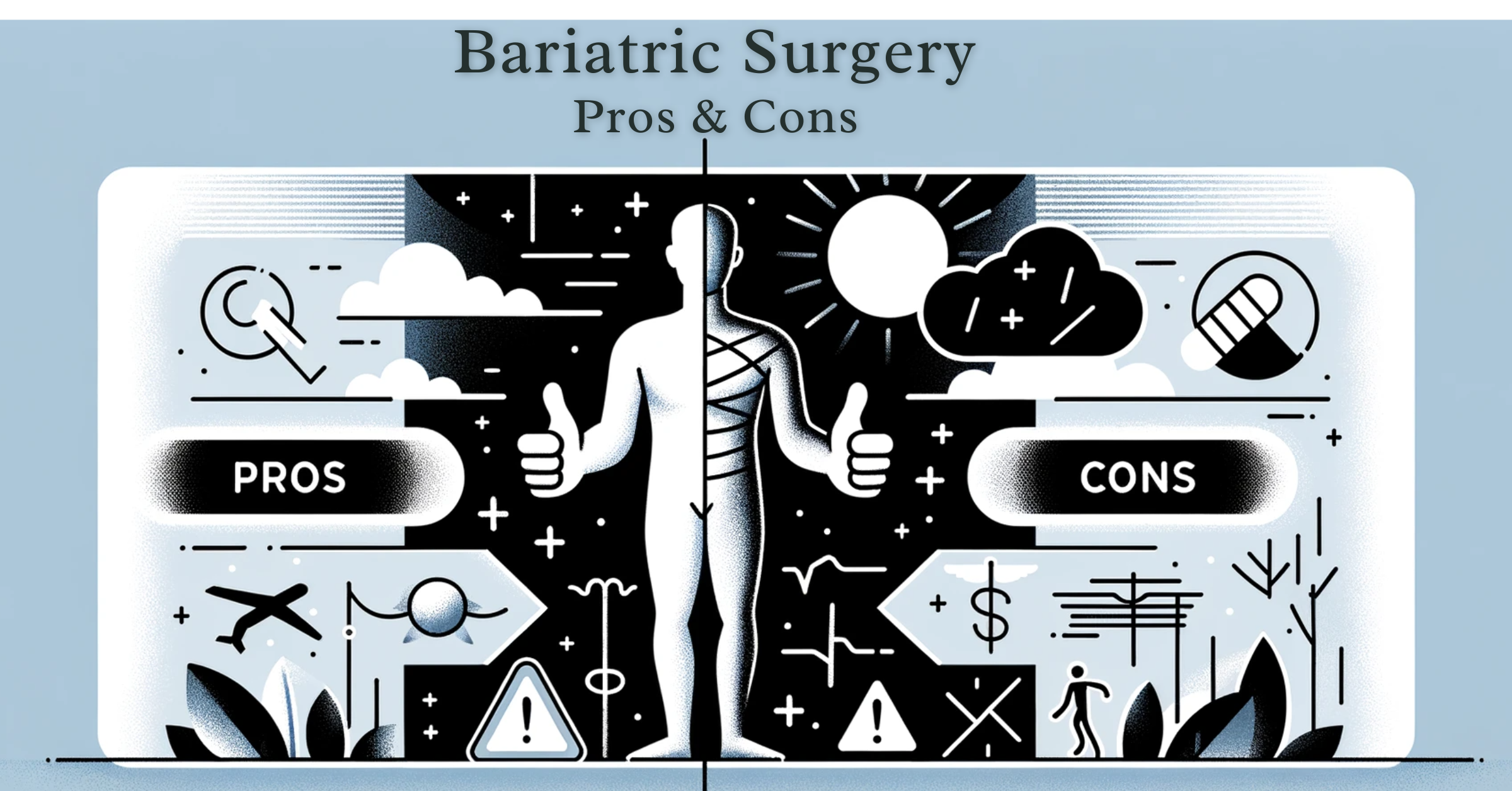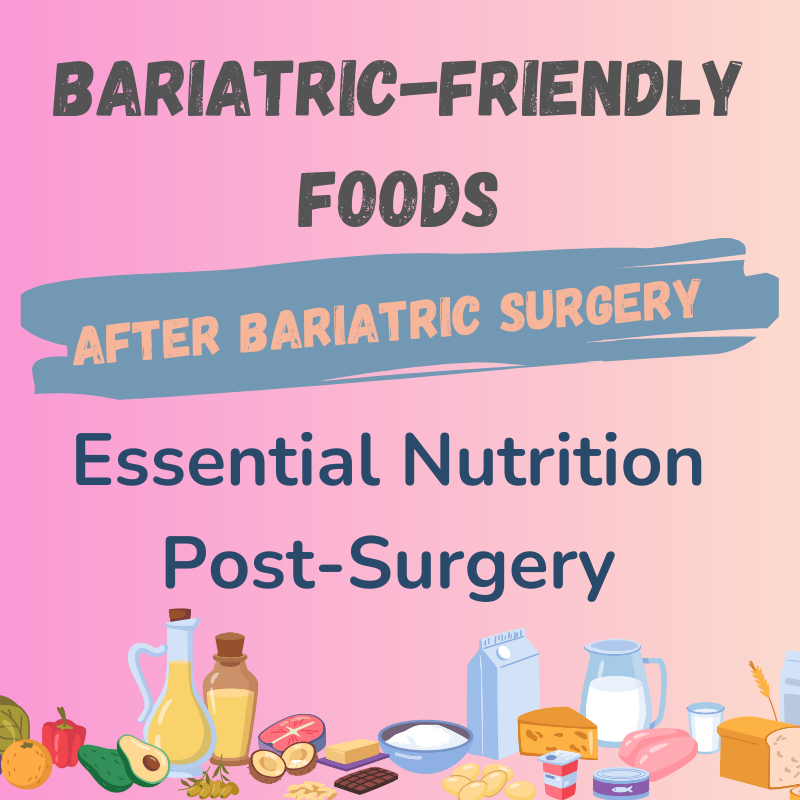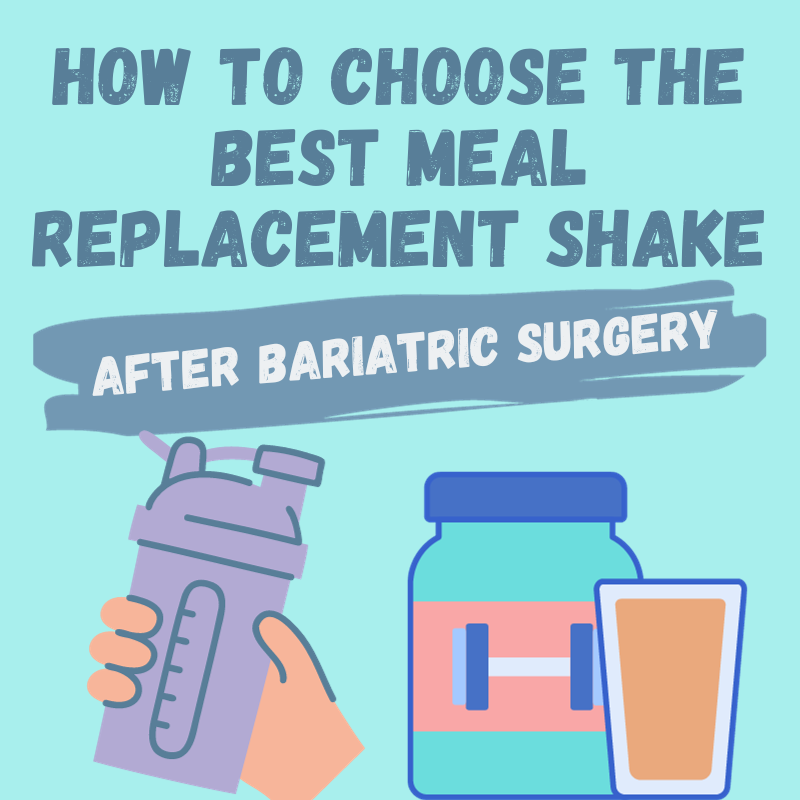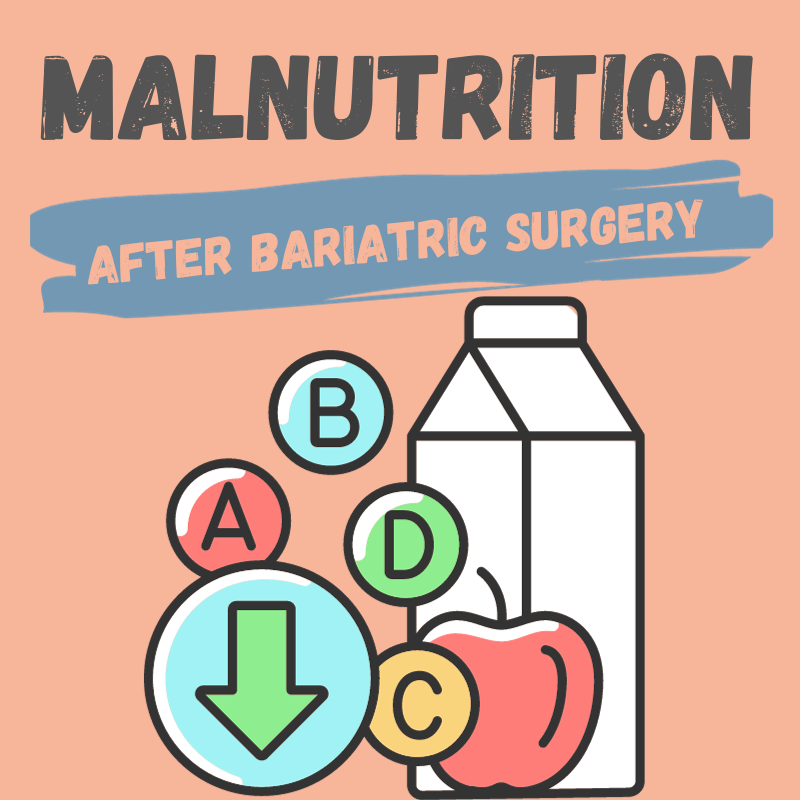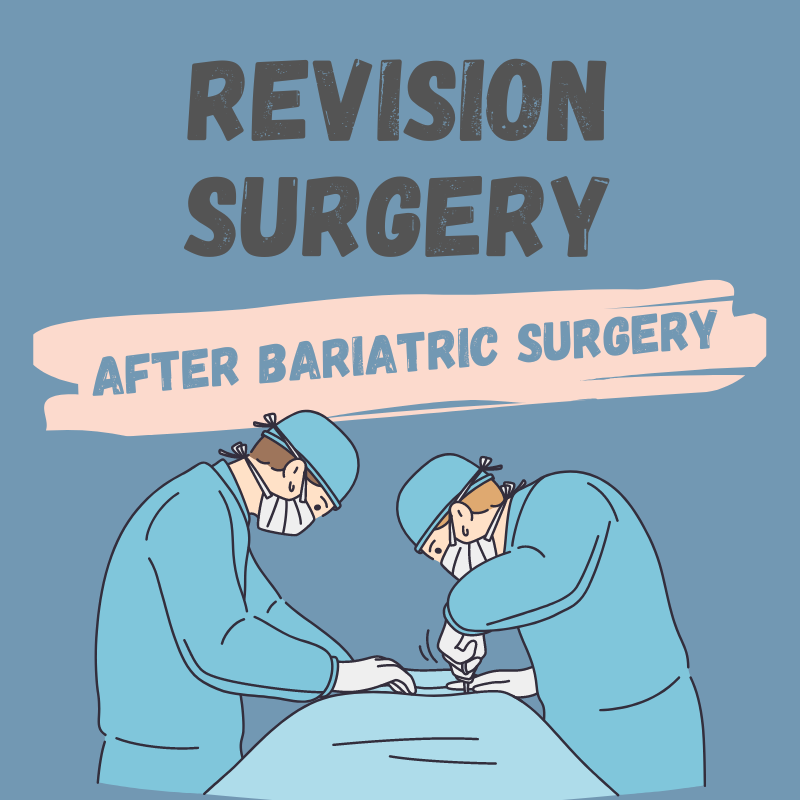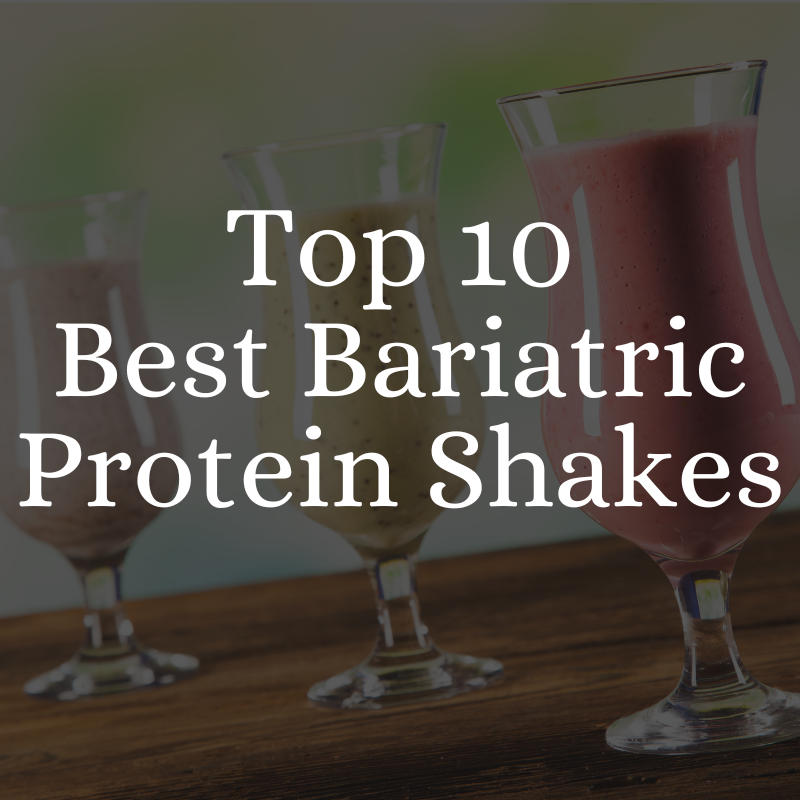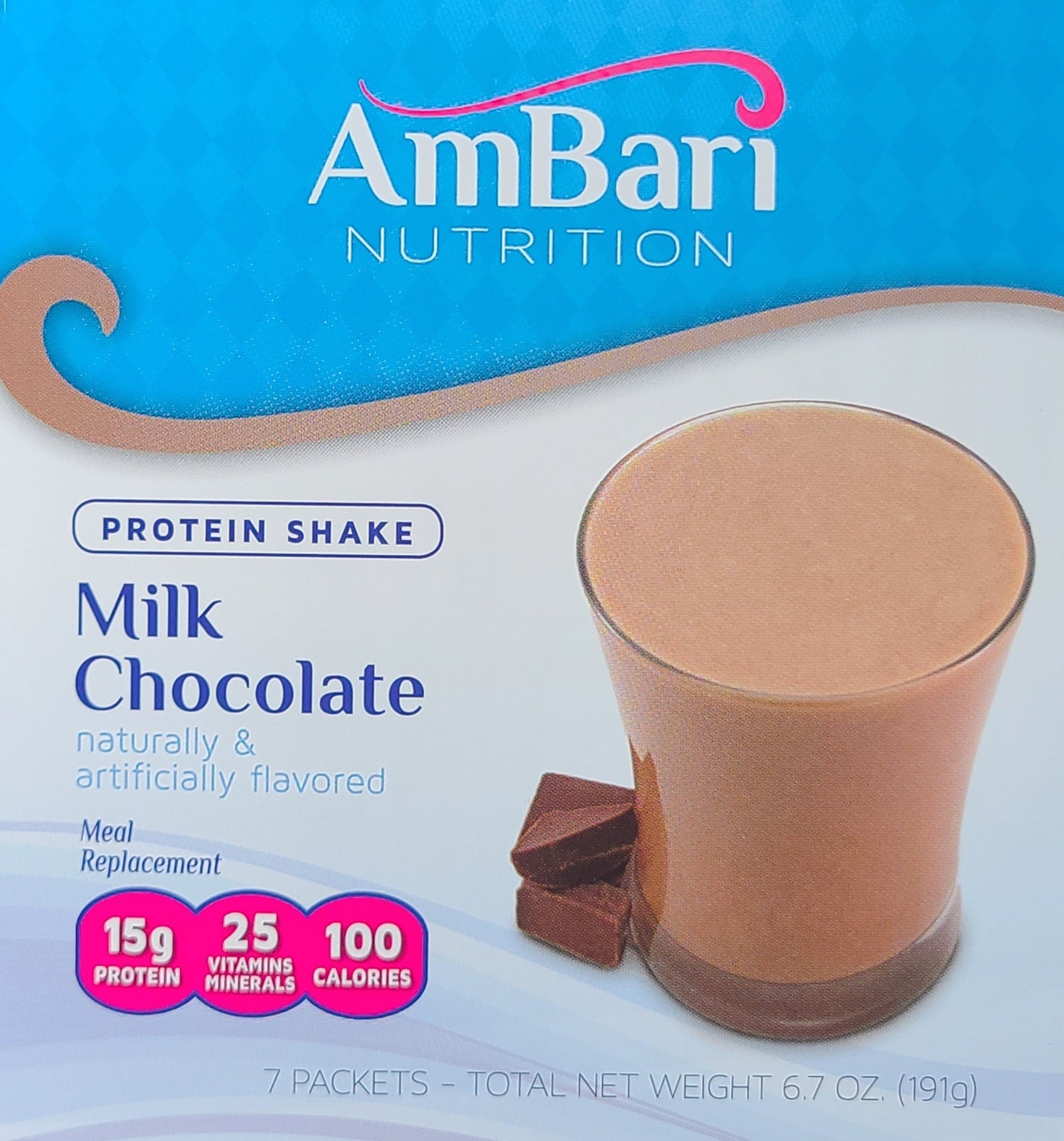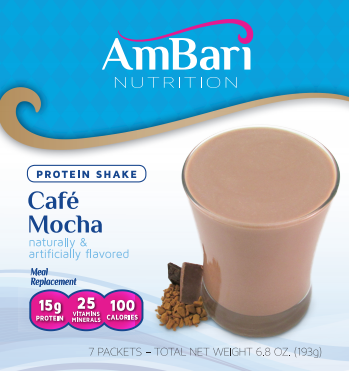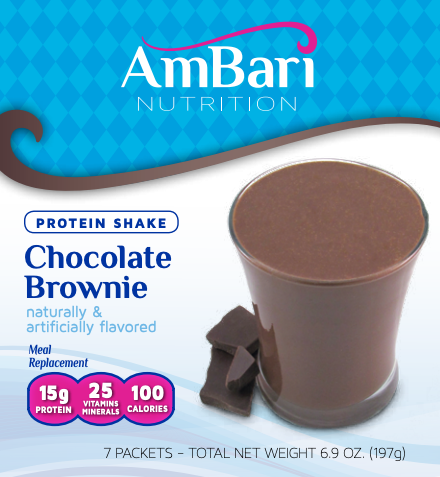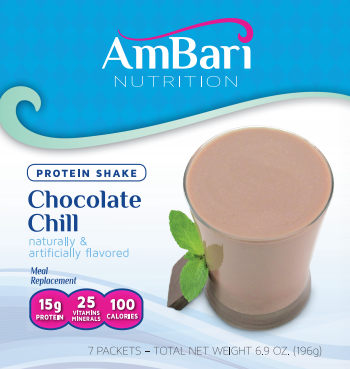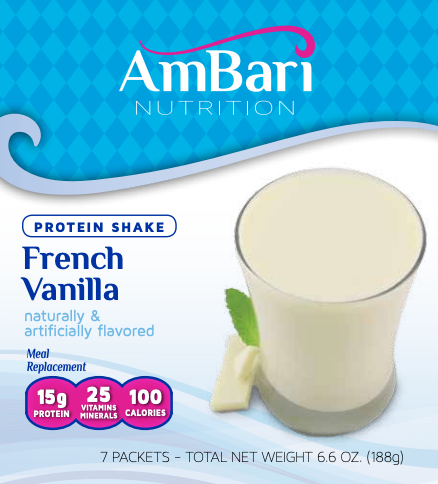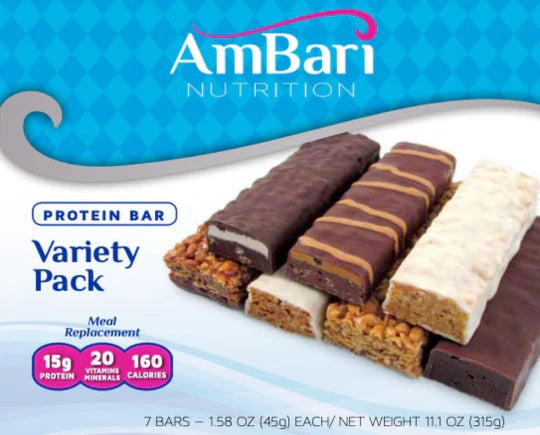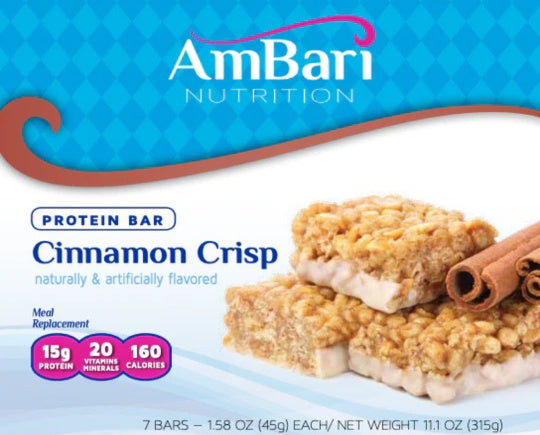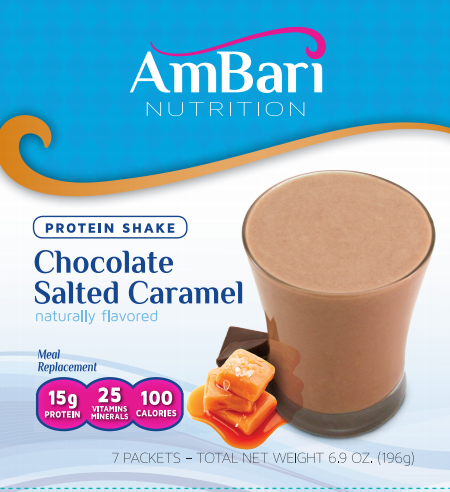Your cart is empty
Hair Loss After Weight Loss Surgery
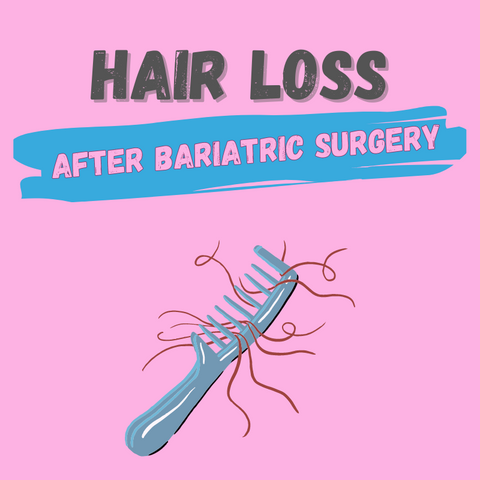
Hair Loss Causes, Prevention, and Treatment for Bariatric Patients
Bariatric surgery is a life-changing procedure that helps many people achieve significant and lasting weight loss. However, some patients may experience an unexpected side effect: hair loss. In this article, we will explore the causes of hair loss after bariatric surgery and provide prevention strategies and treatment options specifically for bariatric patients.
Table of Contents
- Causes of Hair Loss After Bariatric Surgery
- Prevention and Management of Hair Loss for Bariatric Patients
- Protein Deficiency
- Treatment Options for Hair Loss in Bariatric Patients
- When to Consult a Medical Professional
- Conclusion
Causes of Hair Loss After Bariatric Surgery
Telogen Effluvium
- Description and causes: Telogen effluvium is a temporary hair shedding condition that occurs when a significant number of hair follicles enter the resting (telogen) phase prematurely. This can result from various factors, including surgery, stress, and drastic weight loss.
- Relation to bariatric surgery: The physical stress and rapid weight loss following bariatric surgery can trigger telogen effluvium, leading to increased hair shedding.
Nutritional Deficiencies
Protein deficiency: Hair is primarily composed of a protein called keratin. Insufficient protein intake after bariatric surgery can contribute to hair loss.
Vitamin and mineral deficiencies: Certain vitamins and minerals play a crucial role in hair health, and their deficiencies may cause hair loss.
- Iron: Iron is essential for hair growth, and deficiency can lead to hair loss.
- Vitamin D: Low levels of vitamin D are associated with hair loss.
- Biotin: Biotin is a B vitamin that helps maintain hair health. A deficiency can contribute to hair loss.
- Zinc: Zinc is important for hair tissue growth and repair, and its deficiency can cause hair shedding.
Hormonal Changes
Hormonal imbalances, such as thyroid issues or changes in estrogen levels, can occur after bariatric surgery and may contribute to hair loss.
Stress
The stress associated with undergoing surgery and adapting to a new lifestyle can also play a role in hair loss
Protein Deficiency and Hair Loss
Hair is primarily composed of a protein called keratin. Adequate protein intake is essential for maintaining healthy hair and promoting hair growth. After bariatric surgery, patients may struggle to consume enough protein due to reduced stomach capacity, food intolerances, or dietary restrictions. Insufficient protein intake can contribute to hair loss by affecting the following aspects:
- Hair structure: The lack of protein can weaken the hair shaft, making it more prone to breakage and damage. This can lead to an overall reduction in hair volume and thinning appearance.
- Hair growth cycle: The hair growth cycle consists of three phases – anagen (growth), catagen (transition), and telogen (resting). A protein deficiency may disrupt this cycle by causing more hair follicles to enter the resting phase, resulting in increased hair shedding.
- Hair color: Protein deficiency can also impact hair pigment, causing hair to lose its natural color and appear dull or faded.
To prevent hair loss due to protein deficiency, bariatric patients should prioritize protein intake and choose high-quality protein sources. Some options include:
- Lean meats (chicken, turkey, and lean beef)
- Fish and seafood (salmon, tuna, shrimp)
- Eggs and egg whites
- Low-fat dairy products (Greek yogurt, cottage cheese)
- Plant-based proteins (beans, lentils, tofu, tempeh)
- Protein shakes and bars specifically designed for bariatric patients
It is important to follow the dietary guidelines provided by your doctor to ensure you are meeting your protein needs. In the initial phase after surgery, you may need to rely on protein shakes and supplements to meet your protein requirements. As you progress in your recovery and transition to solid foods, you can gradually incorporate a variety of protein-rich foods into your diet.
Keep in mind that the daily protein requirement for each individual may vary depending on factors like age, gender, activity level, and type of bariatric surgery.
Prevention and Management of Hair Loss for Bariatric Patients
Proper Nutrition
- Protein intake: Ensure adequate protein intake by consuming lean meats, fish, eggs, beans, and other high-quality protein sources.
- Vitamins and minerals: Include a variety of fruits, vegetables, whole grains, and other nutrient-rich foods in your diet.
- Balanced diet tailored for bariatric patients: Follow your doctor or dietitian's guidelines for a balanced bariatric diet.
Supplements
- Bariatric-specific multivitamins: Choose a multivitamin formulated for bariatric patients to help prevent vitamin and mineral deficiencies.
- Biotin: Consider taking a biotin supplement to support hair health.
- Iron: If you're deficient in iron, discuss iron supplementation with your doctor.
Reducing Stress
- Bariatric support groups: Join a support group for bariatric patients to share experiences, advice, and encouragement.
- Exercise tailored for bariatric patients: Engage in physical exercise tailored for bariatric patients: Engage in physical activity appropriate for your level of fitness and approved by your healthcare team to reduce stress and improve overall well-being.
- Mindfulness techniques: Practice stress-reduction techniques like deep breathing, meditation, or yoga to help manage stress and anxiety.
Hair Care Tips
- Gentle hair products: Use mild, sulfate-free shampoos and conditioners to avoid further damage to your hair.
- Avoiding heat styling tools: Minimize the use of hair dryers, curling irons, and straighteners to prevent hair breakage.
- Regular trims: Get regular hair trims to eliminate split ends and maintain hair health.
Treatment Options for Hair Loss in Bariatric Patients
Topical Treatments
- Minoxidil: Over-the-counter topical treatment Minoxidil can help promote hair regrowth in some cases.
- Essential oils: Some essential oils, like rosemary and lavender, may help improve hair health when massaged into the scalp.
Oral Medications
- Finasteride: Finasteride is a prescription medication that may help with hair loss. Talk to your doctor about this treatment option.
- Spironolactone: Another prescription medication, spironolactone, may also help with hair loss.
Hair Restoration Procedures
- Hair transplantation: Hair transplantation is a surgical procedure that involves moving hair follicles from one part of the body to the affected area. This option should be considered after consulting with a hair restoration specialist.
- Platelet-rich plasma (PRP) therapy: PRP therapy involves injecting platelet-rich plasma obtained from your blood into your scalp to promote hair growth. Consult a specialist to determine if this treatment is appropriate for you.
- Low-level laser therapy (LLLT): LLLT uses low-level lasers to stimulate hair growth. This non-invasive treatment can be performed at a hair restoration clinic or using at-home devices.
When to Consult a Medical Professional
- Persistent hair loss: If your hair loss continues for an extended period or worsens, consult your healthcare provider for further evaluation and guidance.
- Severe nutritional deficiencies: If you suspect severe nutritional deficiencies, seek medical advice to address the issue and prevent further hair loss.
- Signs of scalp infection or inflammation: If you notice redness, itching, or signs of infection on your scalp, consult a medical professional for appropriate treatment.
Conclusion
Hair loss after bariatric surgery can be a distressing experience. Understanding the causes, prevention strategies, and treatment options can help you manage this temporary issue. Proper nutrition, self-care, and medical consultation when needed are essential to maintaining hair health and promoting regrowth. Remember that you are not alone, and with proper care, your hair can return to its pre-surgery state.
Author: Allison Eisenberg Allison is a certified nutritionist and author with over 15 years of experience writing in the health and weight loss industry. She is passionate about helping people achieve their goals through proper nutrition and exercise. As a certified nutritionist, Allison has worked with clients from all walks of life and helped them make positive changes to their diet and lifestyle. |
Reviewed By: Dr. K. Huffman Kevin D. Huffman, D.O. is a board-certified bariatric physician who has dedicated his career to treating obesity. With over 10,000 patients under his care, he has become a respected authority in the field of bariatric medicine. Dr. Huffman has trained and mentored hundreds of healthcare providers and is widely recognized as a national leader in the field. |
Bariatric Guides & Information
More Info
Customer Favorites
- Choosing a selection results in a full page refresh.





